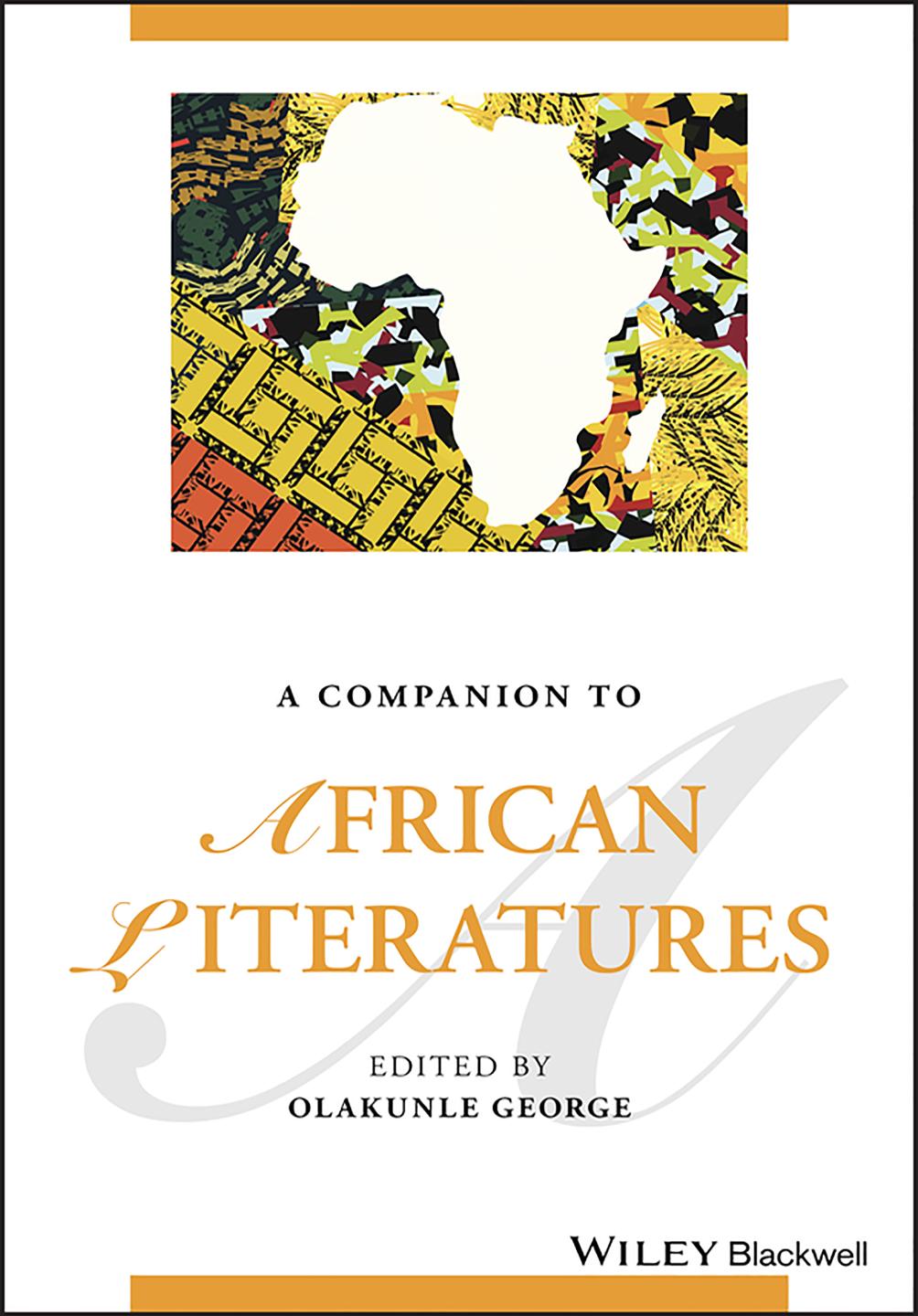

Most ebook files are in PDF format, so you can easily read them using various software such as Foxit Reader or directly on the Google Chrome browser.
Some ebook files are released by publishers in other formats such as .awz, .mobi, .epub, .fb2, etc. You may need to install specific software to read these formats on mobile/PC, such as Calibre.
Please read the tutorial at this link. https://ebooknice.com/page/post?id=faq
We offer FREE conversion to the popular formats you request; however, this may take some time. Therefore, right after payment, please email us, and we will try to provide the service as quickly as possible.
For some exceptional file formats or broken links (if any), please refrain from opening any disputes. Instead, email us first, and we will try to assist within a maximum of 6 hours.
EbookNice Team

Status:
Available4.6
20 reviewsRediscover the diversity of modern African literatures with this authoritative resource edited by a leader in the field
How have African literatures unfolded in their rich diversity in our modern era of decolonization, nationalisms, and extensive transnational movement of peoples? How have African writers engaged urgent questions regarding race, nation, ethnicity, gender, and sexuality? And how do African literary genres interrelate with traditional oral forms or audio-visual and digital media? A Companion to African Literatures addresses these issues and many more.
Consisting of essays by distinguished scholars and emerging leaders in the field, this book offers rigorous, deeply engaging discussions of African literatures on the continent and in diaspora. It covers the four main geographical regions (East and Central Africa, North Africa, Southern Africa, and West Africa), presenting ample material to learn from and think with.
A Companion To African Literatures is divided into five parts. The first four cover different regions of the continent, while the fifth part considers conceptual issues and newer directions of inquiry. Chapters focus on literatures in European languages officially used in Africa -- English, French, and Portuguese -- as well as homegrown African languages: Afrikaans, Amharic, Arabic, Swahili, and Yoruba. With its lineup of lucid and authoritative analyses, readers will find in A Companion to African Literatures a distinctive, rewarding academic resource.
Perfect for undergraduate and graduate students in literary studies programs with an African focus, A Companion to African Literatures will also earn a place in the libraries of teachers, researchers, and professors who wish to strengthen their background in the study of African literatures.